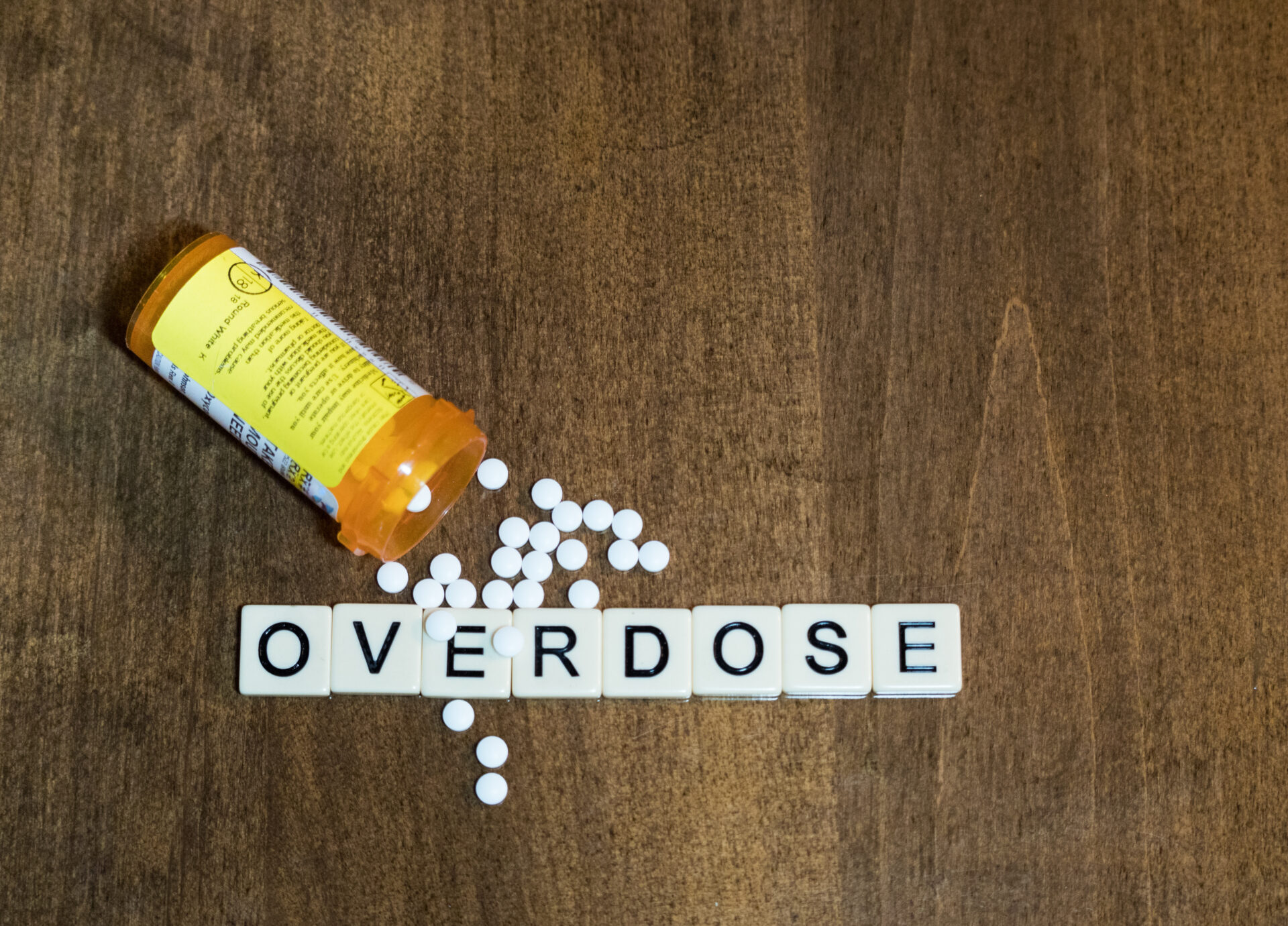The board that manages the state’s opioid settlement funds moved one step closer to distributing funds this week.
Through settlements from various lawsuits with opioid manufacturers and distributors, West Virginia stands to gain about $1 billion over the next 10 to 15 years to be spent on recovery and prevention programs.
In March 2023, the West Virginia Legislature established the West Virginia First Foundation, a private nonprofit organization, to handle 72.5 percent of the state’s settlement funds. Another 24.5 percent of settlement money will go to local governments, whilehe remaining three percent will be held by the state in escrow to cover any outstanding attorney’s fees.
The Legislature required that the Foundation have a board seated, an executive director hired, banking set up, and more before it could begin distributing funds.
The board appointed members of its Statewide Expert Panel, as required by the legislature, at its monthly meeting Thursday Aug. 1.
The panel includes state leaders who will help guide funding decisions and develop a comprehensive approach to addressing West Virginia’s struggles with opioids and substance use disorders.
The board opened its August meeting by introducing the panelists who were able to attend the call before voting to approve its members.
Members of the panel include:
- Emily Birckhead, the executive director of the West Virginia Alliance of Recovery Residences
- Adam Crawford, a director for the general division emergency department of Charleston Area Medical Center
- Jess Grundy, a criminal justice program director at the West Virginia Department of Homeland Security
- Laura Lander, an associate professor of behavioral medicine and psychiatry at West Virginia University
- William Marshall, a commissioner for the West Virginia Division of Corrections and Rehabilitations
- Christina Mullins, the deputy secretary of mental health and substance use disorders at the West Virginia Department of Human Service
- Greg Puckett, a Mercer County commissioner and director for nonprofit Community Connections.
The inaugural term of the expert panel, who are volunteers, will run through the end of the year.
Next on the agenda, Executive Director of the Foundation, Jonathan Board reported his accomplishments since taking on the role in May before challenging the Foundation to award funds by the end of the year.
“The reality is the foundation has existed for a year, and I know there’s still a lot to accomplish, but I’d like to challenge the foundation to get money out reasonably between November and December of this year,” Board said.
Several members of the foundation’s board also expressed frustration with the time it is taking for the foundation to award money, while others expressed concerns about being flooded with applications and that the state’s needs assessment has not been completed.
Mayor of Parkersburg, Tom Joyce called the pace of the Foundation “glacial” and said while he recognizes the Foundation has to be careful, the need is urgent.
“What if the mother of all recovery programs has something and we say, “Well, sorry, you guys, you sit tight, we’ll be ready for you first quarter of next year,” Joyce said. “I mean, I think we just need to kind of bite the bullet and prepare ourselves. The expert panel, they signed up for it, right? They all seemed excited. Or, you know, appreciative and eager. So maybe there’s going to be a lot a lot of applications.”
Joyce explained that the programs that will eventually receive the settlement money will need time to plan for their own finances and grant applications.
“It’s frustrating me because folks that at least in this region want to know, ‘When can I make an application to expand my program? When can I make an application to start a new program?’ And all I can tell them is ‘Well, we got a meeting next week, we’ll see,” Joyce said.
Berkeley County Community Corrections Director and board member, Tim Czaja said he understands the need to distribute the money properly but agreed with Joyce and said his constituents have been asking about timelines.
“I have a lot of people who are here on me, asking regularly, ‘What’s going on, what’s happening? When can we request funds?’ And I keep having to say, ‘I’m not sure yet. We don’t have a concrete plan in place. There’s a lot of work that has to be done,’” Czaja said. “I recognize that this does need to be done very thoughtfully and appropriately and we don’t want to just be throwing money out the door just because we feel like we want to do it. It needs to be done properly. So I trust that you’re gonna put in work needed to make it happen appropriately.”
After an hour of discussion, Board suggested a committee be formed to assist in a short-term funding project.
“A group that could sort of work with the expert panel and myself and review themselves, the work product that’s being produced, that would be a great assistance and blessing to me,” Board said.
The board created The Initial Opportunity Committee to develop a short-term, one-time disbursement process, while the organization works to meet the rest of its legislative mandates and create the full application process.
“The idea is to create an out-of-system process to get money out in the next coming months,” said Attorney for the Foundation, John Bshara. “So what’s after that takes place, then the needs based assessment process will be used and that was the subsequent discussion about the needs-based assessment will take a long period of time to develop. So the idea is this interim policy that will probably be used one time, will be used in order to get money out the door more quickly.”
Appalachia Health News is a project of West Virginia Public Broadcasting with support from Marshall Health.
